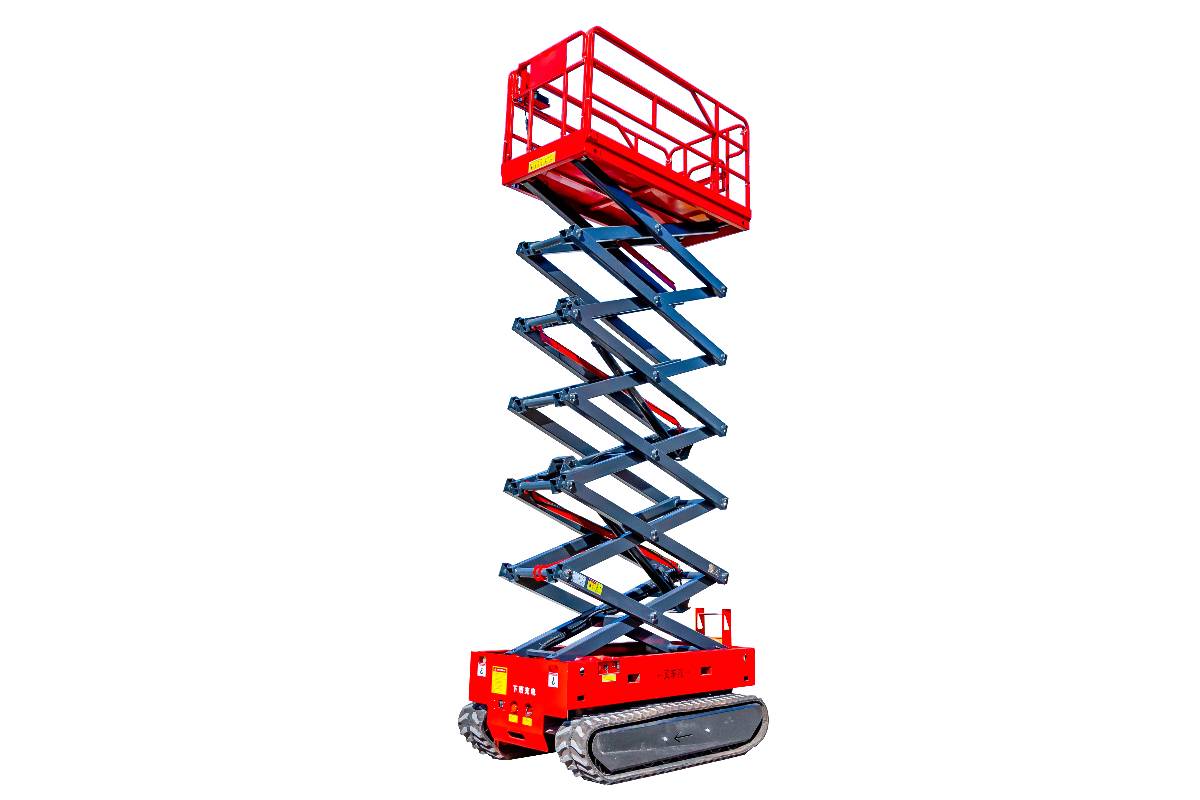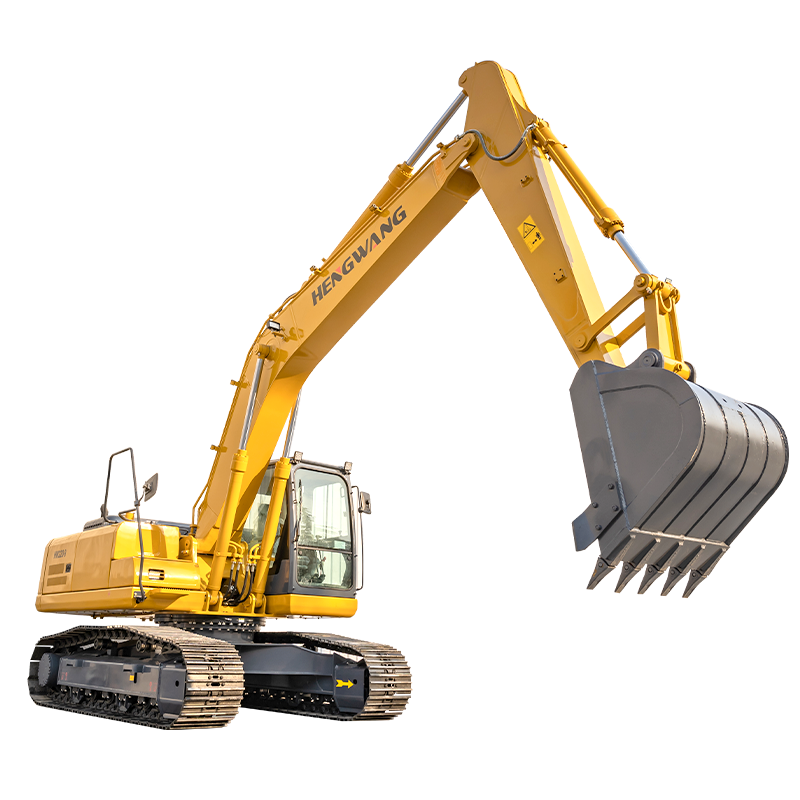
Hengwang compact skid steer loaders offer significant advantages, including their compact size and low initial investment costs. These versatile machines are widely utilized across urban construction and renovation, municipal projects, a ...

For safe operation of Hengwang hydraulic lifting platforms, strict adherence to protocols is mandatory. ...

As industrialization and urbanization accelerate, demand for efficient logistics equipment continues to rise. Hengwang compact loaders have emerged as vital tools across multiple sectors, offering unique advantages for diverse applications. ...

While Hengwang loader parts and components both drive equipment performance, they serve distinct roles. Understanding these differences ensures optimal selection and maintenance: 1. Fundamental Definitions Hengwang Loader Parts: Repla ...

Hengwang loade r parts are essential components that ensure smooth operations. However, they are prone to oil contamination during use or replacement. To maintain these parts in top condition, follow these cleaning best practices: Regular O ...

Forklift Mast Overview The forklift mast is a vertical frame mounted at the front of the forklift, responsible for lifting and lowering loads. It consists of rails, chains, and hydraulic cylinders, driven by the hydraulic system to ensur ...

Simplified Maintenance Guide for Hengwang Excavator Cooling Systems Key Maintenance Principles 1.Core Objective Focus on eliminating non-essential steps while retaining critical procedures that directly impact cooling efficiency and engi ...

Hengwang Excavator Engine White Smoke Troubleshooting Guide Possible Causes of White Exhaust Smoke 1.Low Engine Coolant Temperature Inadequate warm-up periods may prevent the combustion chamber from reaching optimal operating temperat ...

Hengwang Excavator Gear System Maintenance Guide 1. Gear End Face Grinding Specifications Precision Requirements: Utilize high-accuracy grinding equipment operated by certified technicians to ensure perpendicularity between gear surfa ...

Compact Agile Design The HWJC45 skid steer loader combines a space-saving footprint with unmatched maneuverability. Its tight turning radius and compact body allow seamless operation in confined areas—from urban construction sit ...
Copyright © Jining Kangfeng Machinery Co., Ltd. All rights reserved. Privacy Policy